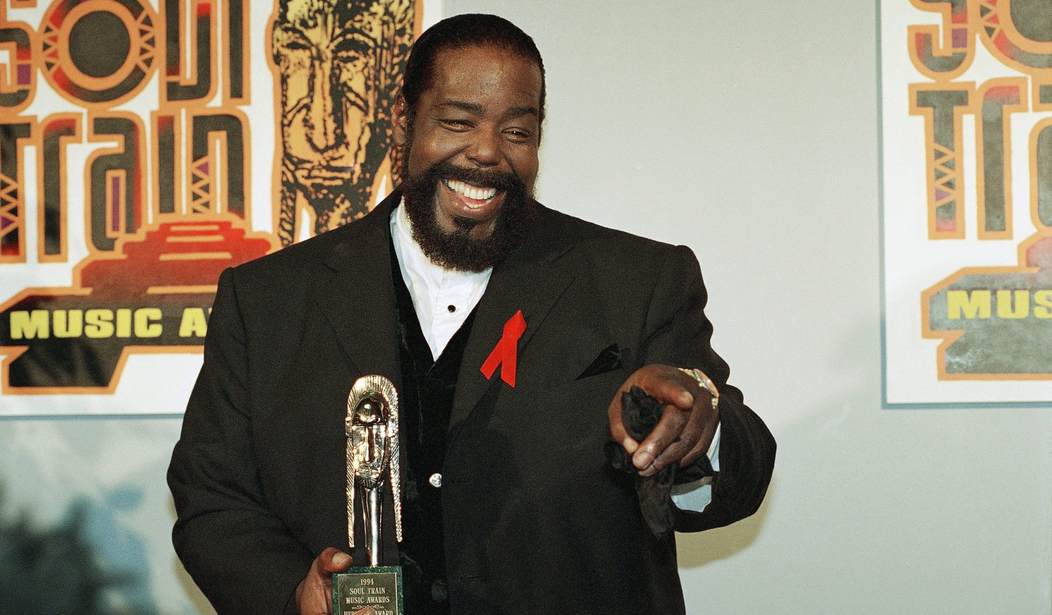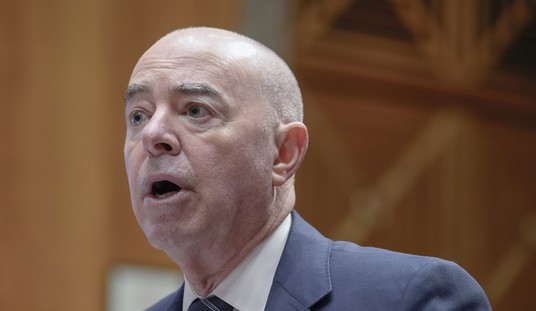When we think of great songs, we often only think of songs with verses, choruses, and melodies. But there are plenty of incredible instrumental tracks that have become part of the fabric of pop and rock music. I’ve made a list of eight of them that are worth listening to and enjoying over and over again. I probably could have expanded this list even further, but I decided to limit the countdown to eight instrumentals.
Here are my criteria for this list: I didn’t include orchestral pieces, although one orchestra does make the list for a pure pop track. I also didn’t include scores from movies or television shows – otherwise Snuffy Walden’s amazing theme to the “Friday Night Lights” series would top the countdown – although one pop version of a film score theme made the list.
Your favorites may have made the list, or you may discover something you had forgotten about or have never heard before. Either way, you can’t go wrong with these instrumentals. Enjoy!
8. “Time Stops,” Explosions in the Sky (2000)
Explosions in the Sky is a band we’ll see more than once on this countdown. Is it cheating to include two songs by the same ensemble? Maybe so, or maybe not. Hey – my list, my rules.
The music of Explosions in the Sky takes advantage of the incredible sonic textures that multiple guitarists can bring to the table. Their albums are often cohesive wholes (or at least sides, when you listen to them on vinyl) with space within each song for twists and turns.
“Time Stops,” from the band’s first album How Strange, Innocence, is one of those songs that packs a surprise about halfway through. The first half of the piece is almost pastoral, moving along at a slow, consistent pace. Just about the time that you’re getting tired of hearing the similar sounds over and over, “Time Stops” takes off in a completely different and exciting direction.
It’s this kind of music that has made Explosions in the Sky one of the most fascinating and compelling bands of the past couple of decades – and they do it all without lyrics.
7. “Soulful Strut,” Young-Holt Unlimited (1968)
“Soulful Strut” makes this list because of a technicality. The song began its life as “Am I the Same Girl” by Barbara Acklin (whose husband Eugene Record co-wrote it), but producer Carl Davis wiped Acklin’s vocals off and added an electric piano solo to mimic the vocal line. Davis released the instrumental track as “Soulful Strut,” and it became a Top 3 pop hit.
Acklin’s vocal version didn’t make much of a dent, and cover versions by Dusty Springfield and Swing Out Sister followed, with varying degrees of success. But it was the instrumental version that made the biggest splash of all of them. Upbeat and bouncy, the track’s bright soul belies the lyrics in the vocal version, which describe a failed relationship.
“Soulful Strut” is a nice picture of sunny late ‘60s soulful pop, and it stands the test of time as a slice of classic – and classy – instrumental music.
6. “Axel F,” Harold Faltermeyer (1984)
German instrumentalist and producer Harold Faltermeyer became one of the most influential composers of the mid-‘80s, and one of his best-known scores was the Eddie Murphy comedy Beverly Hills Cop. The theme from that film, entitled “Axel F,” became a big hit and one of the decade’s most recognizable instrumental themes.
Faltermeyer played all the instrumental parts, including drum programming, on the track. The producers of the film weren’t crazy about “Axel F,” but once director Martin Brest expressed his interest, the track made the soundtrack. The composer was able to parlay the film’s success into a big hit single.
Faltermeyer went on to compose scores for films like Top Gun and Fletch and work with artists such as Billy Idol and Glenn Frey. He owes much of his success to the quintessentially ‘80s instrumental track that gave him a smash single.
5. “Tequila,” The Champs (1958)
If you’re of a certain generation – mine – you hear “Tequila” by The Champs and think of the scene above from Pee-wee’s Big Adventure. And why not? It’s campy fun. But what you miss if all that comes to mind is Pee-wee Herman is a fun, Latin-influenced instrumental that became The Champs’ only major hit.
The band’s saxophone player, Daniel Flores, wrote the song under his stage name Chuck Rio, and he played the sax solos that drive the song, as well as the spoken vocal “Tequila,” the song’s only lyric. It was originally a B-side for the band, but when radio took to the single, the record company flipped it, and “Tequila” became a hit.
“Tequila” is one of those tunes that you recognize immediately, and it’s irresistible fun. The Cuban and Mexican influences placed Latin-American music on the charts at a time when radio listeners and record buyers had a tough time finding it. It’s a slice of early rock-and-roll instrumental music at its best.
4. “Green Onions,” Booker T. & the M.G.’s (1962)
Leave it to a teenage keyboard prodigy named Booker T. Jones to create one of the most enduring and downright fun instrumentals of the ‘60s. Jones was only 17 when he and his band improvised what would become their biggest hit, “Green Onions.”
Jones said that when the band cut the track, they wanted to call it “Funky Onions,” but someone around the studio said that the title sounded too much like profanity, so the song underwent a title change. It’s hard not to think of the song when someone mentions actual green onions.
“Green Onions” is a perfect mix of blues and Southern soul. It’s one of those unmistakable tunes that you recognize from the minute you hear it. Much like “Soulful Strut” encapsulates late ‘60s R&B, “Green Onions” serves as a terrific aural snapshot of the soul sounds of the early ‘60s, which is why it works so well in movies like The Sandlot.
This largely improvisational tune gave the band – especially Jones and guitarist Steve Cropper – a start to mammoth careers, as well as a classic with genuine staying power.
3. “Love’s Theme,” Love Unlimited Orchestra (1973)
The late Barry White, the king of velvety ‘70s soul, formed Love Unlimited Orchestra as an accompaniment to Love Unlimited, the female vocal trio that included his wife. But the orchestra outdid the headlining act with a soaring chart-topper.
White was a master composer and arranger, and he put together a full orchestra for his releases. But this was no classical or cinematic outfit. He added guitarists and a drum kit to produce strikingly soulful orchestral sounds, and it paid off with this classic.
“Love’s Theme” predated the disco movement, which swept the music world in the middle of the decade, in a couple of ways. The lush sound, complete with strings and wah-wah guitar, inspired countless danceable hits, and the way the tune segues into Love Unlimited’s “Under the Influence of Love” on the album set the template for the extended disco mixes on 12-inch vinyl.
The single may be unmistakable vintage ‘70s, but it still sounds amazing four-plus decades later.
2.“First Breath After Coma,” Explosions in the Sky (2003)
If it’s possible for an instrumental piece to have a plot, you could count on Explosions in the Sky to write some of the most surprising plot twists and dramatic arcs in all of storytelling. They opened their melancholy masterpiece The Earth Is Not a Cold Dead Place with the sweeping “First Breath After Coma.”
From the repeating opening notes to the ringing finale, “First Breath After Coma” drives with its own energy. Dynamics rise and fall, and you almost want to sit on the edge of your seat as you follow the twists and turns throughout the nearly ten minutes of the track.
“First Breath After Coma” is nearly cinematic in its sweep – in fact, you can just about imagine the gorgeous images that could accompany the song. The power of the music carries you along and can easily leave you breathless or with chills. It’s a remarkable way to start an album that is full of moments like these.
Explosions in the Sky has made some compelling music over the past two decades, but nothing tops “First Break After Coma” for sheer drama and emotion.
1. “Jessica,” Allman Brothers Band (1973)
Hands down, the best rock instrumental of all time is “Jessica” by the Allman Brothers Band. Not only does the song showcase the band at the peak of its post-Duane-Allman-and-Berry-Oakley powers, but it also represents a terrific example of the same type of variations on a theme as that of the best classical music. (In fact, I once argued in front of a music appreciation class at the University of Georgia that “Jessica” was as good an example of themes and variations as nearly any classical piece. The professor agreed.)
Instead of relying on the blues and jam-band sounds that inhabit so much of the Allman Brothers’ music, “Jessica” is a breezy, pop-rock romp that suggests driving with the windows down and the breeze in your hair. The band touches so many bases with the song – country, soul, and of course, Southern rock. It’s hard not to tap your toes when you hear it, and it’s a timeless classic that fits so many occasions.
There’s no need to argue: when it comes to great rock instrumentals, “Jessica” has it all.
—
There’s my list! What else do you think belongs here? Let us know in the comments section below.










Join the conversation as a VIP Member